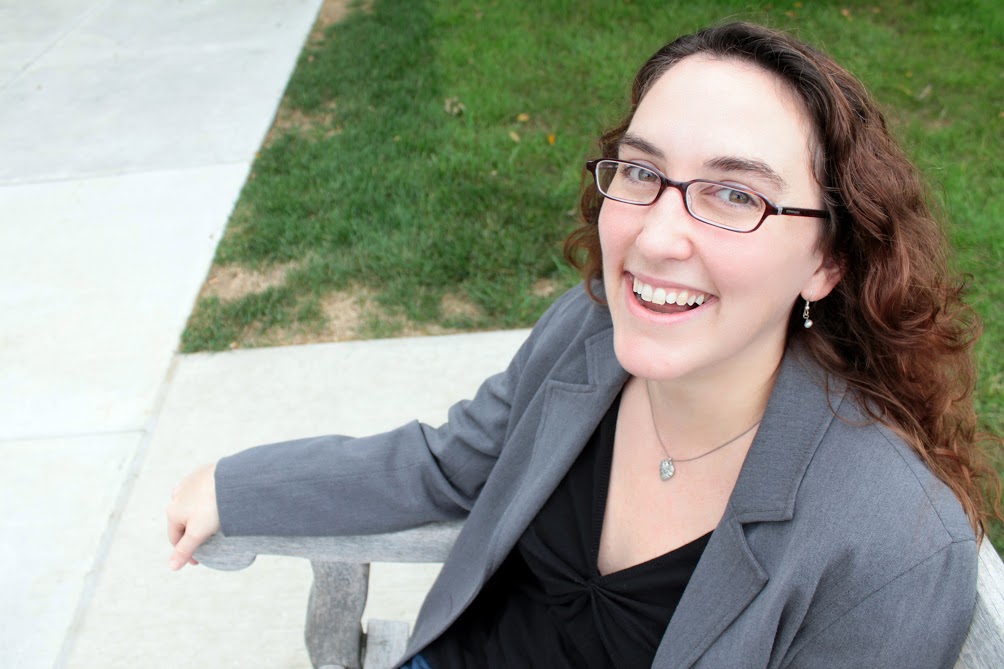Campus Equity Week is about acknowledging the great nationwide divide that exists between higher-education faculties. The reality is what Marc Bousquet notes in “How the University Works”: “In thirty years of managed higher education, the typical faculty member has become a female nontenurable part-timer earning a few thousand dollars a year without health benefits.” What’s more, Campus Equity Week is an opportunity for us all to advocate, to agitate, to act.
 Action is where many of my fellow tenure-line faculty and I have sometimes fallen short. We sympathize with our temporary colleagues when we see so many of them pooled in one office, perhaps sharing a single computer. We shake our heads in disapproval when an administration delays approval for hire or renewal, giving adjuncts little time to prepare for classes. We wonder at those in our department who have worked alongside us for 10 years without a single step-raise. We feel bad, but we too often also feel powerless to effect any lasting change.
Action is where many of my fellow tenure-line faculty and I have sometimes fallen short. We sympathize with our temporary colleagues when we see so many of them pooled in one office, perhaps sharing a single computer. We shake our heads in disapproval when an administration delays approval for hire or renewal, giving adjuncts little time to prepare for classes. We wonder at those in our department who have worked alongside us for 10 years without a single step-raise. We feel bad, but we too often also feel powerless to effect any lasting change.
That has not always been so. In my 11 years at Kutztown, I’ve seen APSCUF and our faculty stand up twice to face State System proposals that would significantly hurt our temporary colleagues. During the 2016 strike, APSCUF members rejected a temporary faculty workload increase without an increase in pay. During the previous round of contract negotiations, many tenure-line and contingent faculty successfully protested a similarly ugly scheme. In those times of crisis, we stood up together. I was never so proud to be a part of this community.
That’s why I’m addressing this post to my fellow tenure-line faculty. We’ve done well, and I know we can do better. In between crises, many of us allow the working conditions and treatment of temporary faculty to become background noise, someone else’s issue, something for “the union” to deal with — forgetting that we are the union. The fight for campus equity belongs to all of us, all the time.
The first chapter of Bousquet’s book is titled “Your Problem is My Problem,” yet he concludes that tenure-line faculty have not developed “anything that resembles an oppositional culture” in the face of austerity and the adjunctification of higher education. Nine years after his book’s publication, I have more optimism than he, in part because I’ve seen so many tenure-line faculty step up in the Pennsylvania system. At the same time, I’d like to see us be more proactive in our fight for equity, not just reactive to harmful, neoliberal contract proposals. We might make additional demands regarding contingent faculty in negotiations and to our administrations: for step increases, longer-term contracts, and more equitable professional-development support. State and chapter APSCUF leadership needs to see the support of faculty — all faculty — behind them. It requires that tenured profs recognize that their problem is our problem, that their fight is our fight.
Consider the long-term effects that increased adjunctification can have on departmental culture and health, on students’ access to professors, on shared governance. As the number of tenure-line faculty shrink, so does the number of us in protected positions from which to advocate for fair labor practices. Fewer of us can tackle the ever-expanding service components of the job. We become what Nancy Welch calls “angels in the architecture” of higher ed, forced to do more and more with less and less. If we protect tenured privileges while allowing the number of adjuncts to grow and their conditions to worsen, we allow the university to decline through attrition.
Campus Equity Week reminds us that we are indeed empowered to act. We can effect change in our immediate environments, between contract negotiations. We can ask the temporary faculty in our department what professional concerns they have and really listen. We can acknowledge the professional and disciplinary insights that they bring to our classrooms, committees, and campus communities — and follow up by insisting that our departments reflect this in their practices and policies. We can advocate that departmental and campus professional-development funds be extended to adjuncts or increased to reflect the high costs of conferences and workshops. We can insist that our chairs consider the scheduling needs of and number of preps allotted to temporary faculty with the same respect given to tenure-line faculty. Equity is gained not just in strikes, but in the small challenges we choose to face every day.
We’ve done well. Now let’s do better.
Amy Lynch-Biniek is an associate professor of composition and rhetoric at Kutztown University. A former adjunct, she is chair of the statewide adjunct committee of the Association of Pennsylvania State College and University Faculties.